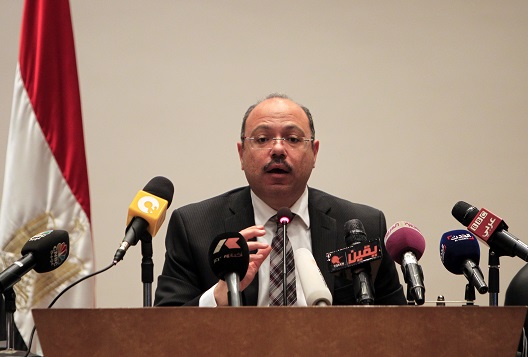 As Egypt concludes its latest presidential election, its new leader will have no choice but to address the country’s looming and deep-seated economic woes. With macroeconomic indicators tanking since the uprising in 2011, General Abdel Fattah al-Sisi–all but officially announced as the winner of the top post–will have to grapple with rising inflation, widespread unemployment, a growing deficit, and shrinking foreign reserves. Although some remedies lie outside of his direct control, Sisi can (and should) take other measures immediately to stabilize the economy.
As Egypt concludes its latest presidential election, its new leader will have no choice but to address the country’s looming and deep-seated economic woes. With macroeconomic indicators tanking since the uprising in 2011, General Abdel Fattah al-Sisi–all but officially announced as the winner of the top post–will have to grapple with rising inflation, widespread unemployment, a growing deficit, and shrinking foreign reserves. Although some remedies lie outside of his direct control, Sisi can (and should) take other measures immediately to stabilize the economy.
Mohsin Khan, a senior resident fellow with the Atlantic Council’s Rafik Hariri Center for the Middle East, writes in his latest blog post on EgyptSource that the top three priorities to right the economic path involve increasing the energy supply, stabilizing public finances, and attracting external finances. Although the economy will still require major structural reforms, addressing these immediate concerns will at least encourage short-term economic success that will improve the chances for longer term recovery and growth.
Read his latest article titled, “Three Immediate Economic Problems Sisi Must Tackle” on EgyptSource.
Image: Egypt's newly appointed Finance Minister Hany Kadry Dimian talks during a news conference in Cairo March 12, 2014. Dimian said on Wednesday that political instability would cause the economy to grow more slowly this year than earlier official forecasts showed, with the budget deficit also bigger than thought. (Photo: REUTERS/Mohamed Abd El Ghany)
